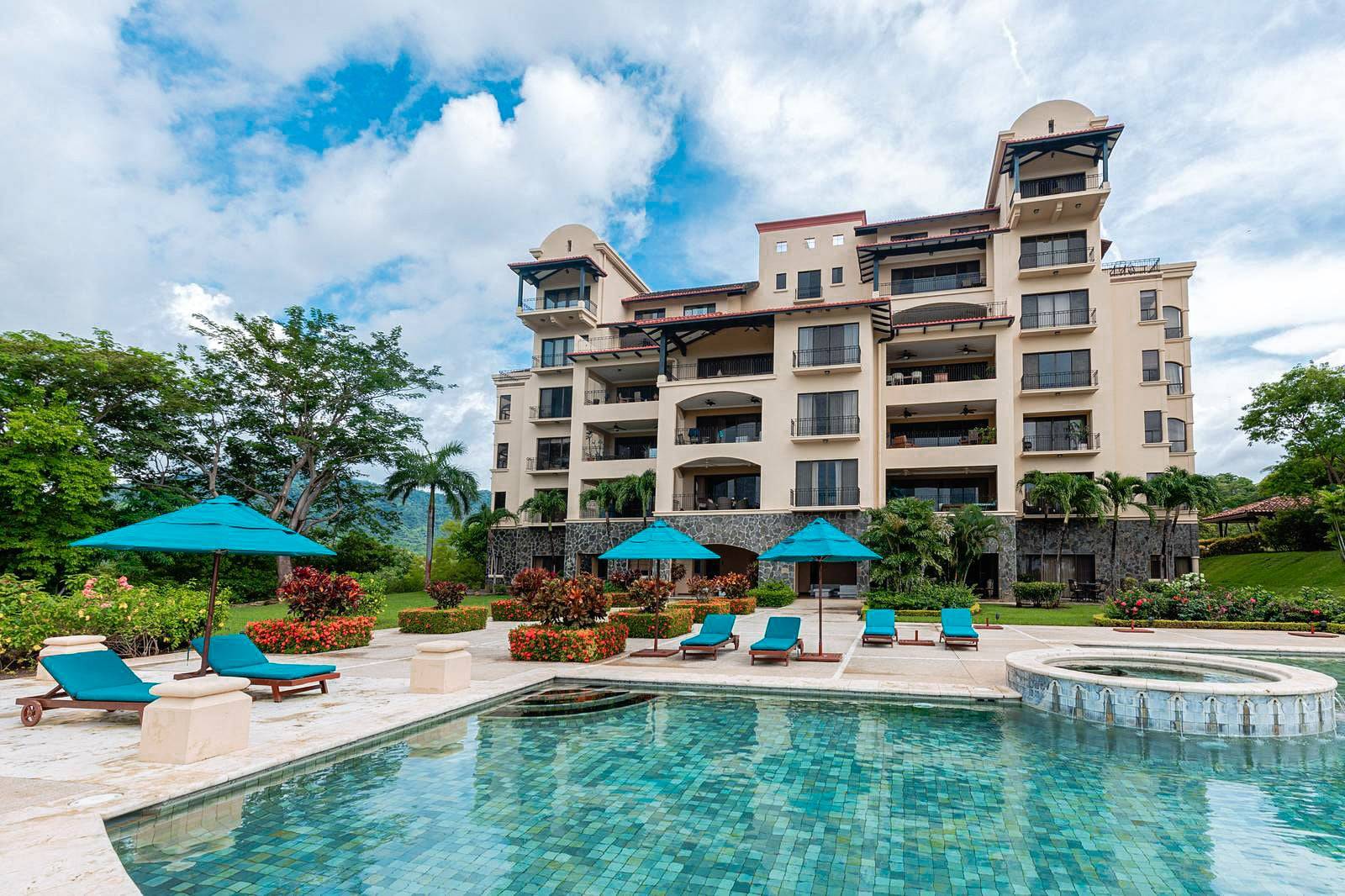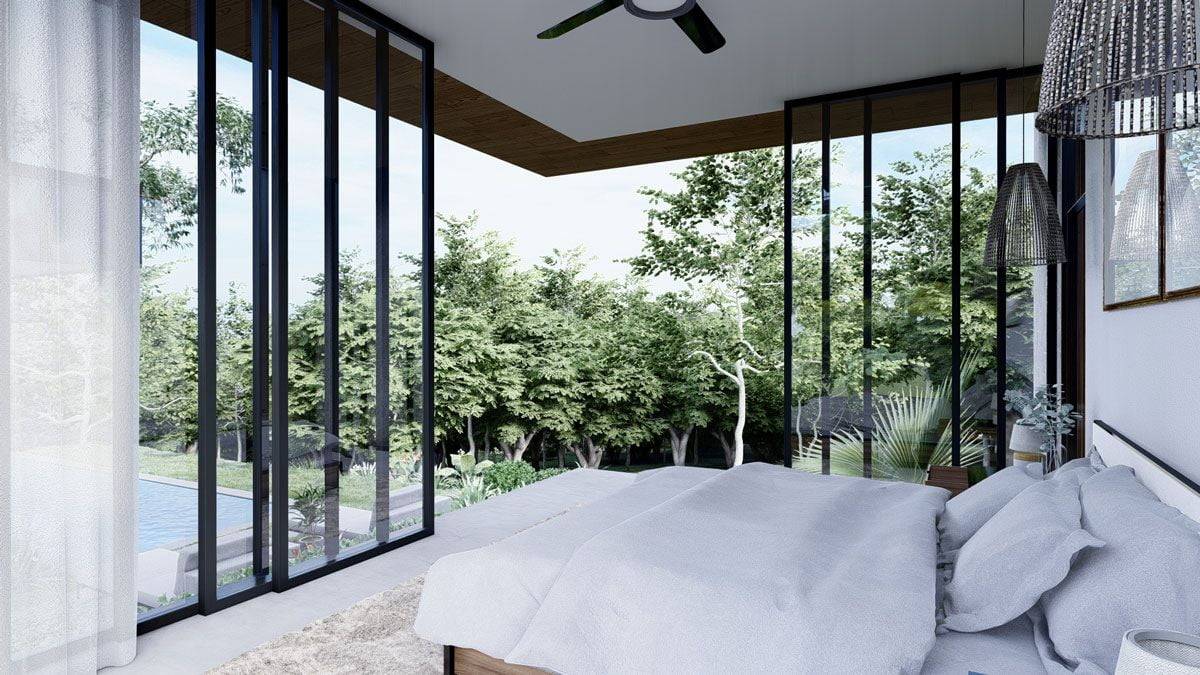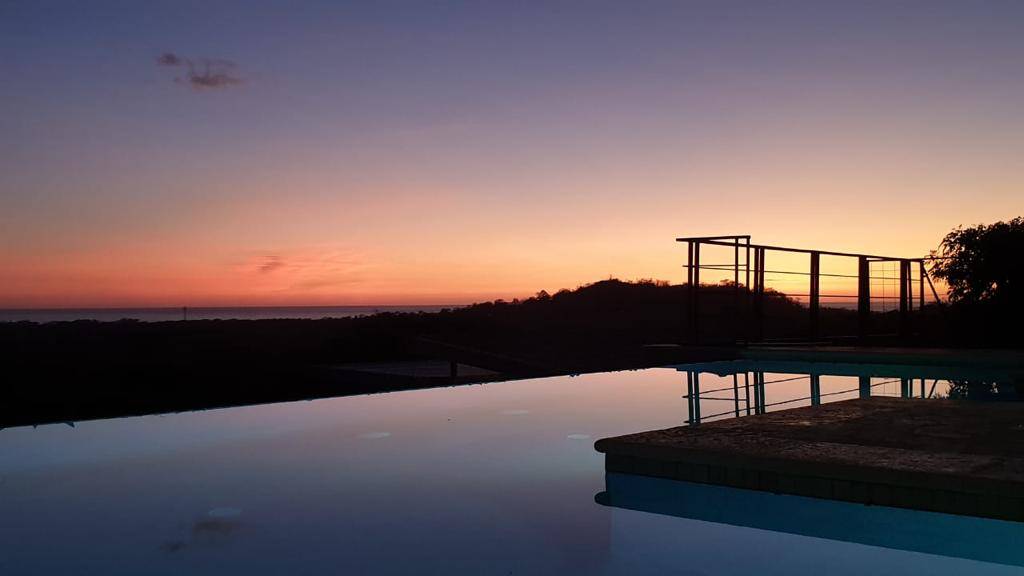It’s a funny thing: We’re often asked about home inspections in Costa Rica but, when buyers are purchasing a home in Costa Rica, only about half typically opt for an inspection.
There are a few reasons for this (one, a kind-of technicality!), which we’ll get into in this post. But, perhaps most importantly, we’ll begin with this: Home inspections in Costa Rica don’t work like you’re used to. You don’t need to throw out everything you’ve ever learned about home inspections in X country but you may have to adjust your expectations, if only a bit.
So, let’s start with this: At Blue Water Properties, we highly recommend getting a home inspection. The answers why, as follows:
Home Inspections in Costa Rica: Not Your Standard Inspection

If you’re purchasing a home in Costa Rica and looking at a condo, you may not need a full home inspection.
If you’re used to the home inspection process “back home,” then you should know that home inspections in Costa Rica, while much more common than they used to be, are still not a standardized process.
For example, there is no technical “home inspector” profession here. Instead, we typically look to civil engineers, who are well qualified to review construction and identify problems. That said, the final product is similar: A comprehensive report that provides a breakdown of any major and minor issues, if they exist.
And, lest the absence of an official Home Inspector license steer you towards uncertainty, know this: From personal experience, we can tell you that we have some really excellent engineers/home inspectors who we work with, here at Blue Water Properties. (Builders and architects are also great resources for finding a competent home inspector.) While it’s not quite an apples-to-apples comparison, it’s a very close approximation.
And now, for that technicality – the reason why you may not want (and we wouldn’t recommend) getting a home inspection: If you’re purchasing a condo, you can forego a home inspection in lieu of hiring a specific tradesperson. That’s because condo homeowner’s associations are typically responsible for all exterior maintenance, so you don’t have to worry. That said, you may want to hire, for example, an A/C tech to review your in-unit A/C – a nice savings over a full home inspection.
Purchasing a Home in Costa Rica: What to Watch Out For
We’ve worked as real estate agents in the United States and Costa Rica (plus a handful of other locations), and one thing we’ve learned is that real estate problem areas are very dependent on your location.
And we’re not only talking about the country alone; you’ll even find major differences between varying regions of Costa Rica. For example, while mold and mildew are not a major concern in Guanacaste, they can present serious problems in the Central Valley. So, you want to know what you look for, in the specific area where you’re considering purchasing a home in Costa Rica.
That said, here are our top watch-out-for-them! issues we’d put on any home inspection list:
- Electrical: Especially in older homes, wiring and grounding issues are common. (In fact, the electrical in many older homes isn’t grounded at all. This can be remediated, though!)
- Plumbing: Costa Rican plumbing has come a long way but this is still an area that you’re going to want to have thoroughly inspected. In addition to checking for leaky faucets, your inspector will check the overall septic and plumbing, including to confirm that there’s sufficient pipe diameter to accommodate flushing toilet paper. (Yes, in many older and more traditional homes in Costa Rica, you don’t flush the paper!)
- Roofing: The rain, sun, and general tropical conditions can literally rain down wear and tear on a roof. Additionally, roofing problems in Costa Rica are almost a direct path to serious leaks. So, whether it’s a metal roof, Spanish clay tiles, or another system, it’s recommended to have a long, hard look at this bigger-ticket item.
- Air–Conditioning: If you’re considering a property with air-conditioning, this definitely deserves a look. (Also, note that A/C doesn’t have the same useful life in the tropics as it does in locations further north.)
Additionally, here are a few things to keep your (your inspector’s) eye on:
- Leaks: If you’re purchasing a home in Costa Rica during the wet season (May-November), look for active leaks. If you’re making a purchase during the dry season (December-April), look for old/dried leaks. (They’re typically visible on the ceiling or walls.)
- Hot Water: You may have heard tell of Costa Rica’s famous “suicide shower,” known locally as a termoducha. While a well installed termoducha is perfectly safe, its presence is shorthand for “this home doesn’t have plumbed hot water.” And if that’s something you want or expect (and for most buyers today, that’s something you want and expect!), that’s something you’ll want to be aware of! Luckily, plumbed hot water is becoming much more prevalent – and wherever isn’t, there are on-demand solutions to help with remediation.
- The Little Things: Your inspector will also look for general wear-and-tear, for example leaky faucets or broken ceramic tiles. They may be the little things, but the idea is to make your new home as move-in ready as possible.
Purchasing a Home in Costa Rica: What Happens if My Home Inspection Discovers a Major Problem?

In Costa Rica, an engineer is the closest thing to a professional home inspector. Not quite apples-to-apples, but a close approximation!
You will have recourse.
But first, to assuage some of your concerns, know that many of the properties for sale in Guanacaste have operated as vacation rentals. As such, they’re in a rental pool – essentially, group property management – and that means they have received regular maintenance. For the vast majority of homes we sell, a home inspection only reveals minor issues.
That said, at Blue Water Properties, our offers typically include a contingency regarding your home inspection: If the inspection turns up a serious issue, you can negotiate the repair. If the issue is more than you’re willing to handle, you can cancel your contract and get your money back.
Because, importantly, real estate in Costa Rica is sold as-is. (This is why a home inspection is so important!) So, while “back home” you might be looking at a specific maximum % that the seller would cover, here you’re looking at contract negotiation, usually for an amount to cover necessary repairs. And again, if you don’t want to do those repairs, you can cancel your contract.
Home Inspections in Costa Rica: The Cost
Ah, finally: the big reveal!
Home inspections in Costa Rica are the buyer’s financial responsibility and can range anywhere from $300 (2-BR condo) to $400-500 (3-BR condo) to $400+ for a single-family home, depending on its size.
And again, while an engineer will conduct the inspection, you’ll receive a thorough report, similar to what you’d have received back home. Think of it as a good guideline to use, as you move forward in purchasing a home in Costa Rica.
Considering Purchasing a Home in Costa Rica?
If you’d like to chat about buying property, life in Costa Rica, business ownership, or have any other question, then I’d love to hear from you!
I’m Rebecca Clower, the owner of Blue Water Properties. I moved to Costa Rica over 15 years ago and, since then, I’ve done my share of property buying and selling, as well as business owning and investment. So go ahead, pick my brain.
I’m happy to answer any questions and address any concerns. I promise not to sugar-coat the truth or tell you what you want to hear: I’ll be honest, always. I’ll share my personal experience and advise you in any way I can.
I’d also like to invite you view my YouTube video series, where I answer all of your biggest questions about buying property in Costa Rica, moving to Guanacaste, and life in the tropics.
So please, get in touch via email or give me a call (1-866-670-0258) or Whatsapp (+506-8705-1850). I look forward to getting to know you!


